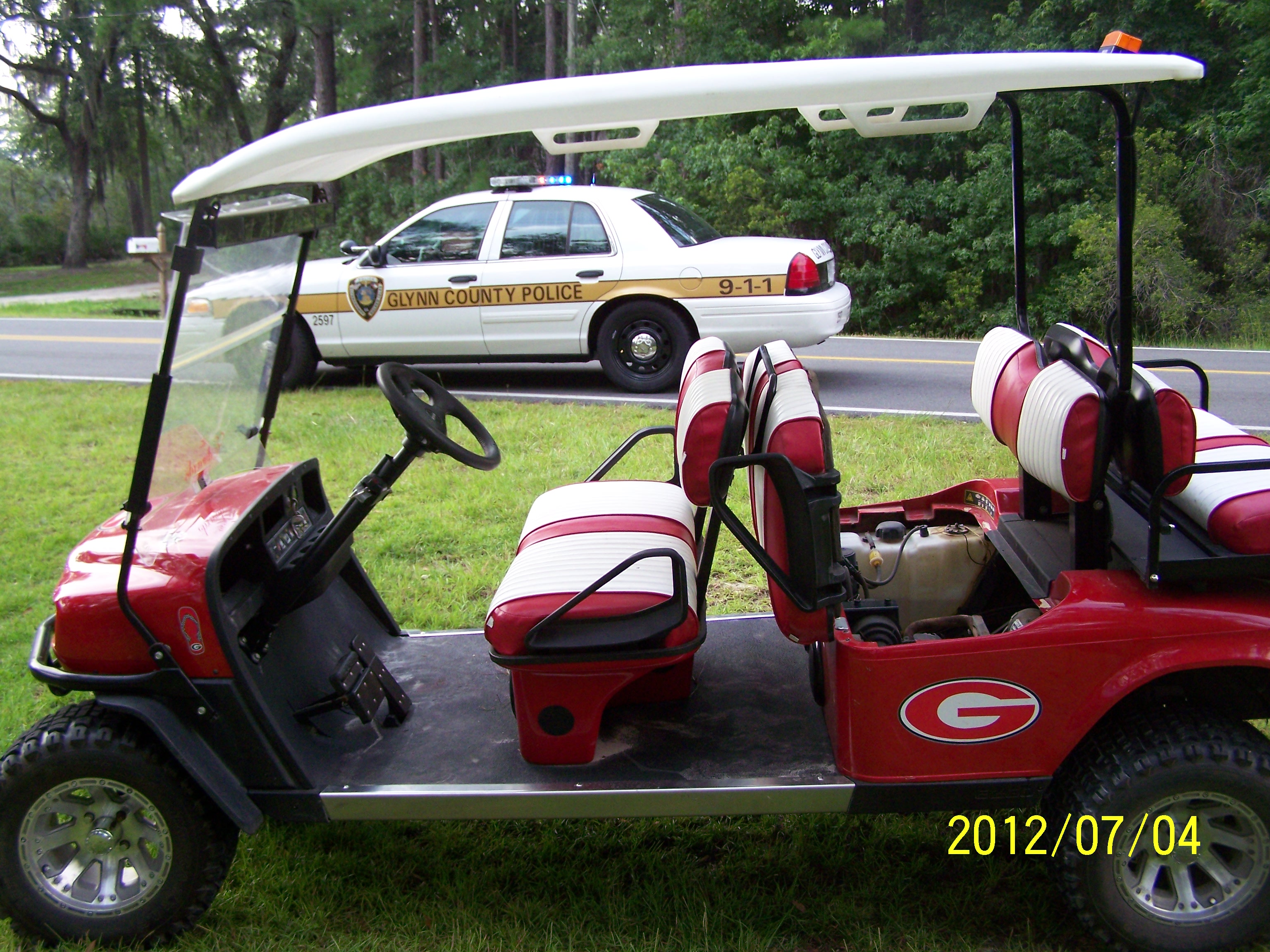
Langley v. MP Spring Lake, LLC, A18A0193 (May 1, 2018), just issued by the Georgia Court of Appeals, may have a big impact on many future Georgia personal injury cases. Langley involves a residential landlord-tenant relationship in which a tenant sued her landlord for injuries more than a year after the injuries occurred. Normally, in Georgia, an injured party has two years to file a personal injury lawsuit. However, in this case, the landlord moved to dismiss the case because the lease provided only one year to sue the landlord. This is the exact language in the lease:
Limitation on Actions. To the extent allowed by law, Resident also agrees and understands that any legal action against Management or Owner must be instituted within one year of the date any claim or cause of action arises and that any action filed after one year from such date shall be time barred as a matter of law.
Focusing on the word any, the Court of Appeals ruled that any legal action included not only breach of contract claims but also personal injury claims. Thus, the lease trumped Georgia’s statute of limitations. The Court reasoned that parties should be free to enter into contracts without interference from the courts.
At Gomez & Golomb, we practice personal injury and real estate litigation. Thus, for us, Langley cuts both ways. It’s bad for our personal injury clients, but good for our real estate and corporate clients. From now on, in personal injury cases, we will be looking even more closely at applicable contracts for language that may limit injury claims. For our real estate and corporate clients, we will be advising them that Langley opens the door to include terms in their contracts that limit liability.



